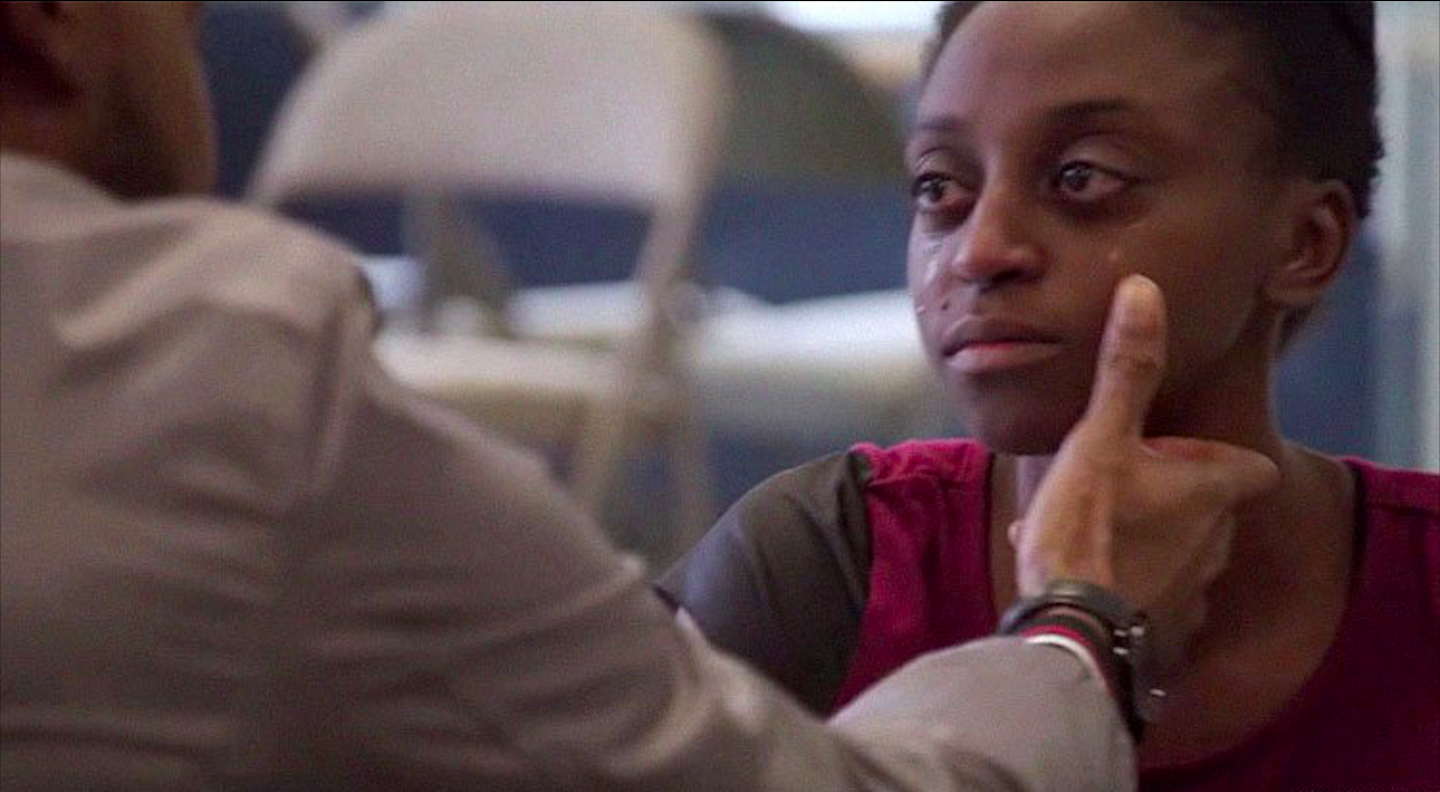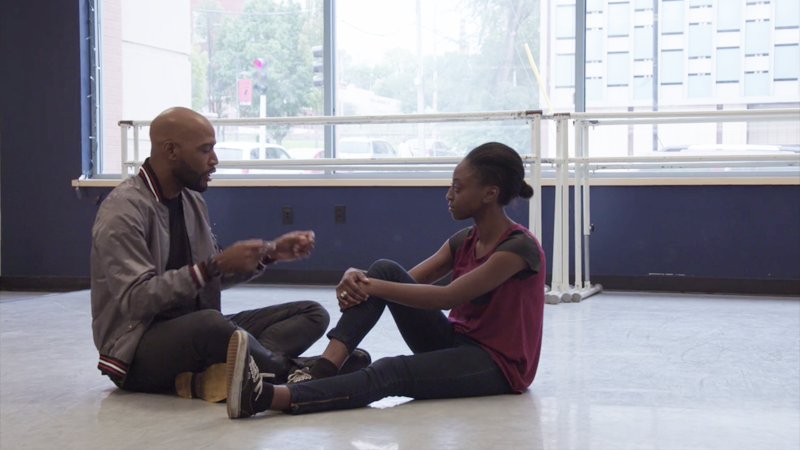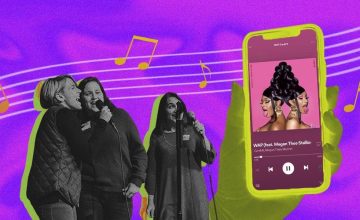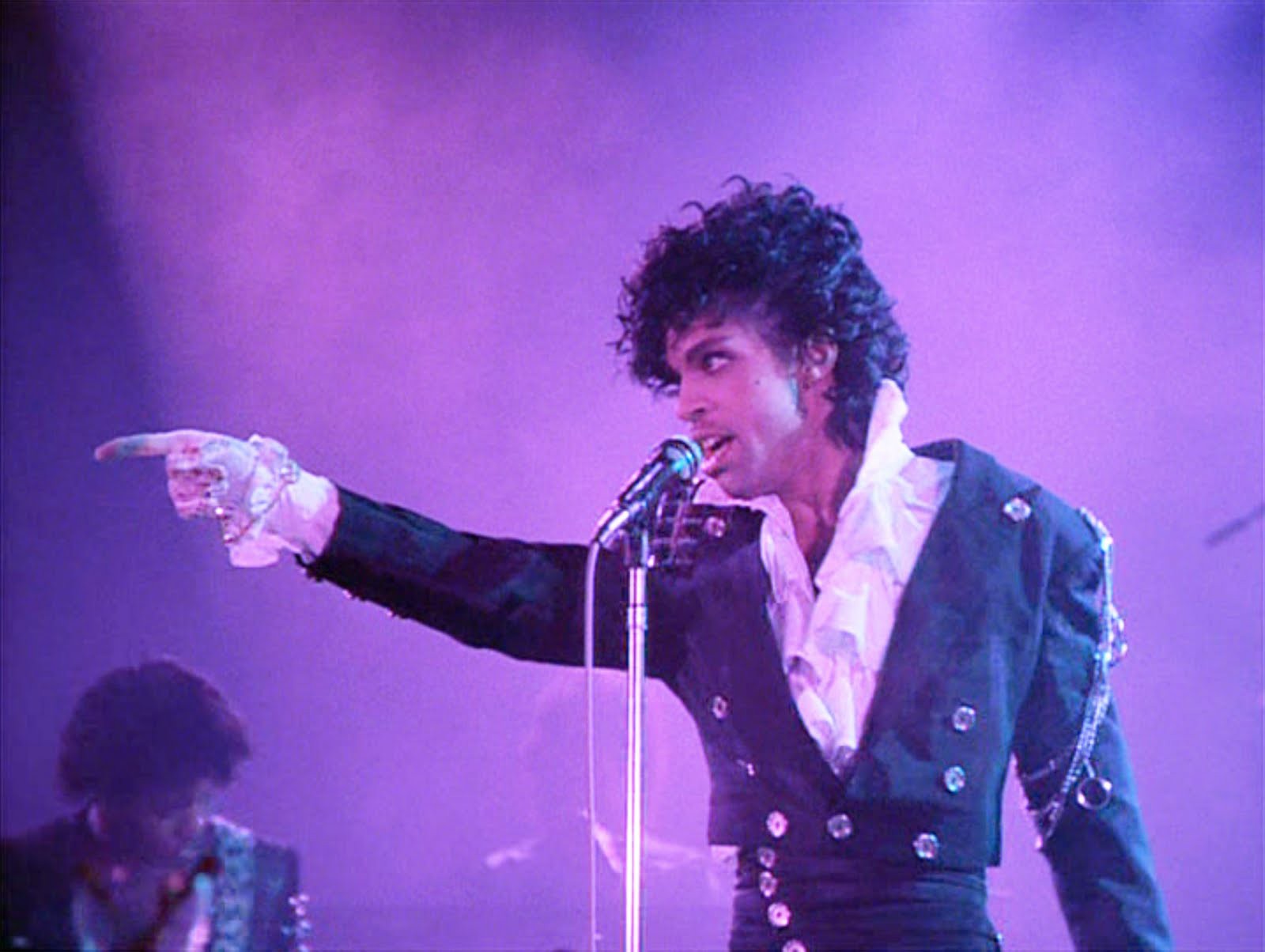Gay-reka! “Queer Eye’s” latest season features the Fab Five’s first lesbian hero. In the season three episode “Black Girl Magic,” they follow her journey to self-love to define the meaning of “family.” It’s a tearjerker and offers an important lesson to queer kids watching. Spoiler alert: The phrase “blood is thicker than water” is now dead in the ditch.

Meet Jess Guilbeaux. She’s a strong, black, lesbian woman living on her own. Too bad she never associates her name with the word “strong.” And no one can blame her. She lived through every queer kid’s fear—a life of rejection and abandonment.
“Black Girl Magic” is a wake-up call for two kinds of people: queer kids and the families that abandoned them.
“I was hoping that despite all the stuff that I heard as a young girl at church, they would realize: ‘Hey, that’s my kid so of course, I’m going to love them,” she says after explaining how her adoptive family disowned her. She got outed at 16. And in her state of Kansas, people don’t accept queer and black individuals. This left her with no choice but to provide for herself at a young age.
This emotional trauma sparked a toxic thought. Throughout her life, she believed that “family is not for me.” It doesn’t help that people bully her by saying she’s not “queer” or “black” enough. “I used to get picked on because I listened to rock music. I got called an Oreo all the time,” she confesses to Karamo. How dare they?
If your own communities reject you, it’s hard to be trusting and form bonds with other people.
If your own communities reject you, it’s hard to trust and form bonds with other people. It also distorts your self-confidence. So, where does this lead Jess? To the capable hands of five gay men apparently.

The Fab Five gave her more than just a makeover in this episode. Jonathan boosted her confidence with new hairstyles, Tan developed her amazing sense of style, Antoni taught her to give thanks to her friends through get-togethers, Bobby motivated her to want her own version of home, and most importantly, Karamo proved to her that she is the word “strong” personified.
Karamo plays a big part in her journey. With him being a strong queer black man, Jess found a role model with the culture guru of “Queer Eye.” He took her to the 18th and Vine District. In this area of Kansas, it serves as the cultural epicenter of African-American culture. He also took her to the Midwest Genealogy Center where she reconnected with her sister and learned about her ancestry that overcame oppression.
“You’re a strong, black, lesbian woman. And if somebody says something to you, you’ll be like: ‘I am a strong, black, lesbian woman. I don’t care what you’re saying,’”
Through these spaces, Karamo helped her realize who she has been all along. “Anything you do is your identity. You’re a strong, black, lesbian woman. And if somebody says something to you, you’ll be like: ‘I am a strong, black, lesbian woman. I don’t care what you’re saying,’” he advises.

“Drag Race’s” Rupaul has a catchphrase: “If you can’t love yourself, how in the hell are you gonna love somebody else?” Jess is a living a testament that this is true. At the end of the episode, she eventually learned to love herself.
“I just feel like I had pretty much given up on kind, genuine people. Like really, I did,” she confesses to the Fab Five. “Everyone that I met I feel like they pitied me and they looked down on me. They expected me to be someone else, more black or less white, more gay or less gay. I had basically accepted that the real world sucks and family doesn’t exist, unconditional love doesn’t exist. But you all showed me that it’s beautiful and sexy to care for yourself.”
Jess’ story sends a message for queer kids abandoned by their biological or adopted families that we can choose our own kind of family.
The episode ends with a potluck with friends. With this get-together, she finally felt that she is part of a family to call her own. Her family is made up of her friends, her long lost sister, and the Fab Five. Jess’ story teaches queer kids that they can choose their own kind of family.
“LGBT young people ages 13 to 25 are 120 percent more likely to become homeless than their straight peers, according to a national survey of 26,000 young people released in November by Chapin Hall, a University of Chicago research and policy center,” EdSource reveals. In our own shores, homeless LGBTQ+ Filipinos continue to be underreported with no data about them, according to Outrage Mag. That itself marks a huge problem with the world’s treatment of queer kids.
“Black Girl Magic” is a wake-up call for two kinds of people: queer kids and the families that abandoned them. For queer kids, this episode teaches us that there’s nothing wrong with embracing our identities and loving ourselves. As for the bigots who kicked their queer children to the curb, what you did will never be justified, but the children you abandoned have all the power to surpass the hurt you inflicted.
As Jess wrote in an Instagram post, “things just keep getting better.”
Still from Netflix’s Queer Eye
























Comments